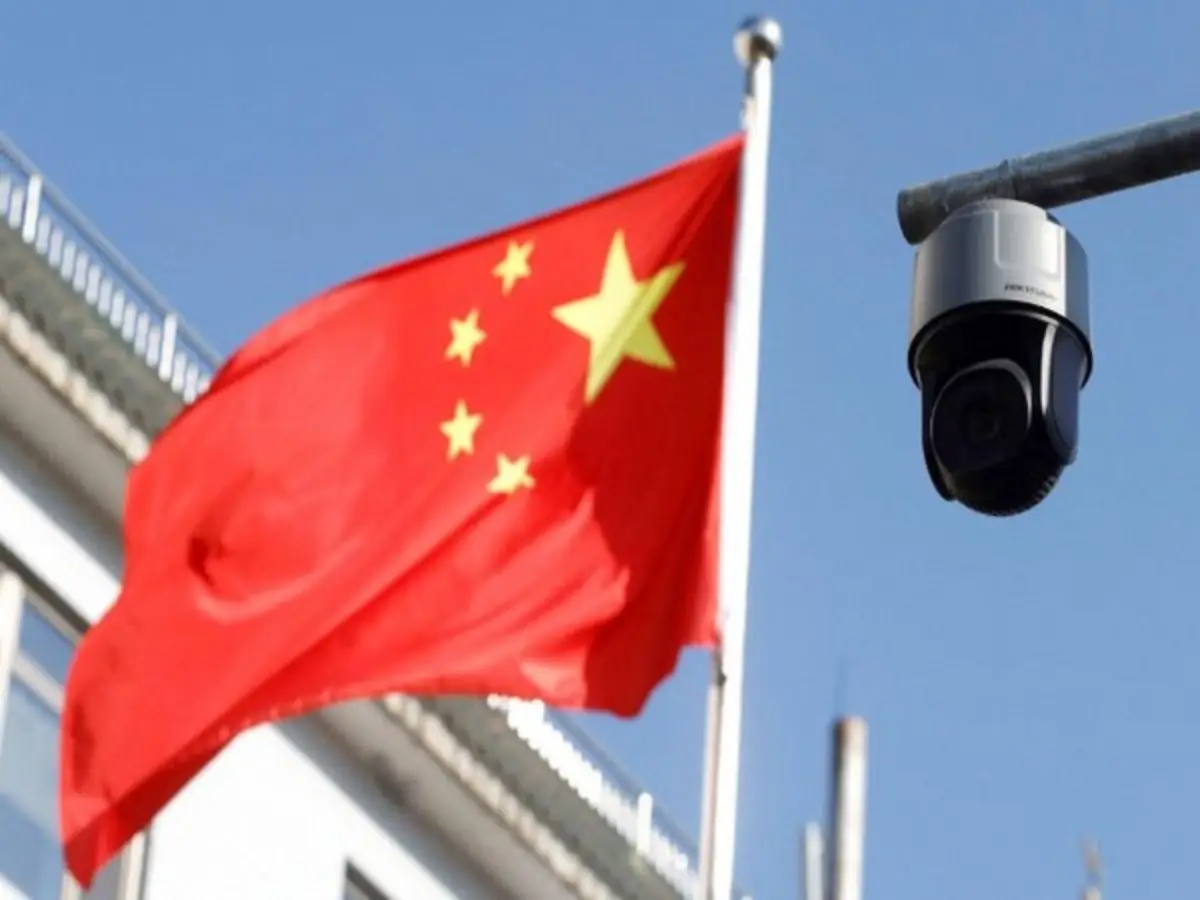
China Grapples With Disappointments As Its Friends Suffer Setbacks
HONG KONG, (ANI) – The once-polished sheen of China’s ascension under Chairman Xi Jinping has dulled significantly. Poor management of the COVID-19 crisis, a slowing economy, unfavorable demographics, domestic disillusionment, strained relations with neighbors, and growing international resistance have coalesced into a turbulent period for Beijing.
Xi’s acknowledgment of “high winds, choppy waters, and dangerous storms” at the 20th Party Congress last year has proven prescient, with 2024 amplifying these difficulties. Yet, Beijing’s response has been to blame external forces rather than address its internal shortcomings.
Diplomatic Blame Game
China’s Ambassador to the United States, Xie Feng, recently tweeted that the direction of China-U.S. relations depends on Washington’s choices, urging cooperation from the incoming U.S. administration. This prompted a sharp reply from U.S. Ambassador Nicholas Burns, who underscored that China’s choices also play a pivotal role, citing China’s support for Russia’s war in Ukraine and its aggressive behavior in the South China Sea.
China’s alignment with controversial regimes further exacerbates its global standing. Xi Jinping has steadfastly supported Vladimir Putin’s invasion of Ukraine while maintaining alliances with despotic leaders in North Korea, Syria, and Iran. Notably, Xi met Syrian President Bashar al-Assad in 2023, solidifying a strategic partnership and offering support for Syria’s sovereignty. This relationship highlights Beijing’s willingness to bolster oppressive regimes under the guise of “fairness and justice.”
Fragile Alliances in the Middle East
China’s partnership with Iran has also faced challenges. Despite a 2021 strategic pact promising up to $400 billion in Chinese investment over 25 years, only $185 million has materialized. While Beijing benefits from discounted Iranian oil, deeper economic cooperation has been slow, likely due to China’s need to balance relations with Gulf states.
However, Xi brokered a significant reconciliation between Iran and Saudi Arabia in 2023, momentarily undermining U.S. influence in the region. Despite these efforts, Iran’s escalating internal and regional crises have weakened its position, further straining Beijing’s ties to its key Middle Eastern ally.
Provocations in the South China Sea
China’s aggressive tactics have been on full display in the South China Sea. In December, Chinese vessels targeted Philippine boats near Half Moon Shoal and Scarborough Shoal with lasers and water cannons. These actions highlight Beijing’s illegal territorial claims and its continued bullying of neighboring nations.
Meanwhile, tensions with Taiwan are at an all-time high. In December, nearly 90 Chinese naval and coast guard vessels were spotted near Taiwan following President Lai Ching-te’s visit to Hawaii and Guam. China’s obsession with unification under its “One China” policy has raised alarm internationally, with Beijing using its influence in the United Nations to mischaracterize Taiwan’s status.
Global Backlash
Beijing’s interference in global affairs has not gone unnoticed. Lithuania recently expelled three Chinese diplomats, citing violations of international norms. The move follows earlier tensions after Lithuania permitted Taiwan to open a de facto embassy in 2021. Allegations of Chinese ships sabotaging undersea cables in the Baltic Sea have further tarnished China’s reputation in Europe.
Despite its economic clout, China faces growing resistance from countries unwilling to bow to its coercive tactics. As Xi Jinping doubles down on alliances with controversial regimes and antagonistic policies, the world increasingly views Beijing as a destabilizing force rather than a constructive global player.
China’s challenges are emblematic of an authoritarian regime grappling with its ambitions and the realities of a changing geopolitical landscape. The question remains: will Xi adjust course, or will China’s assertiveness lead to further isolation?
Also Read: Collision With China Likely At COP29 Summit



